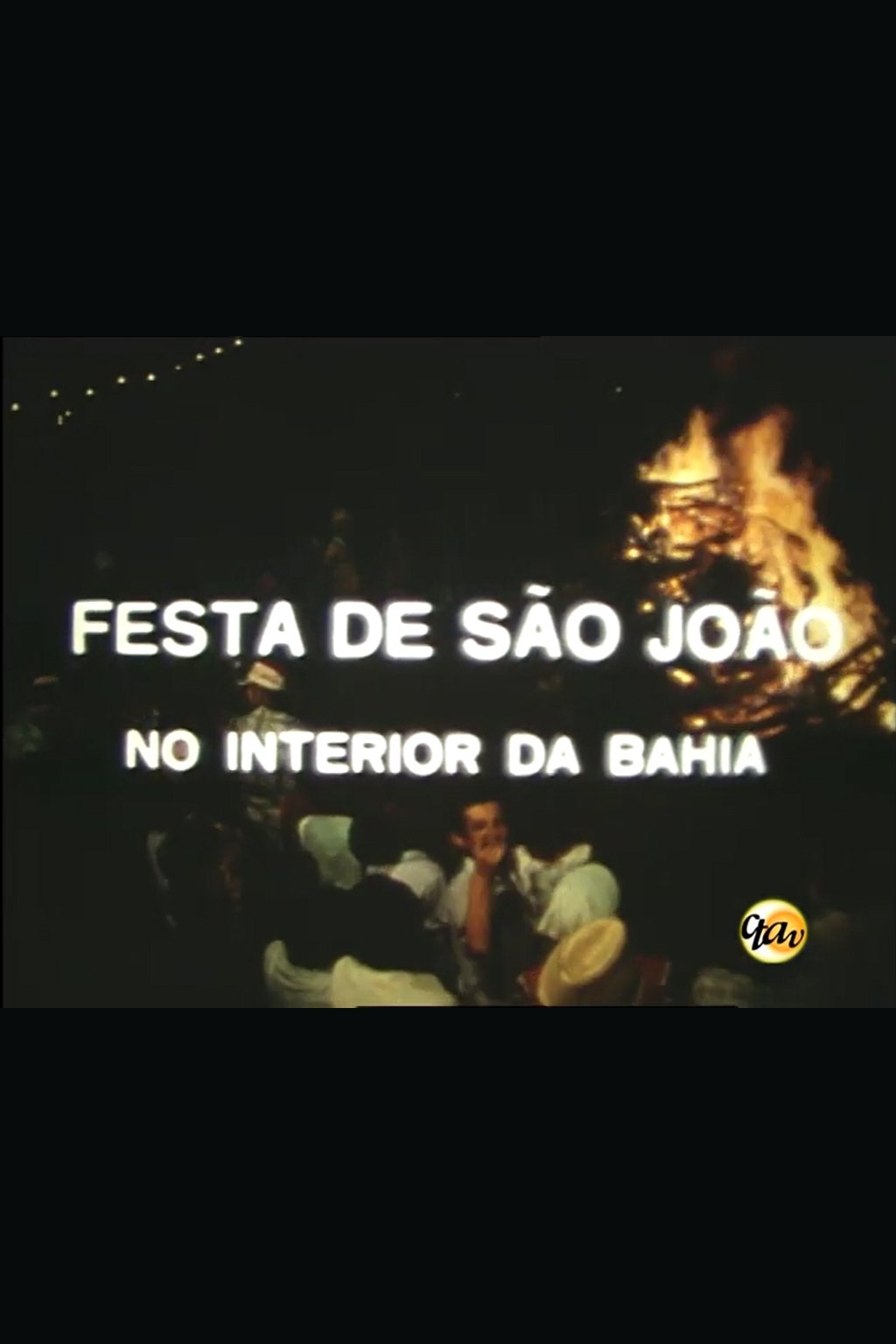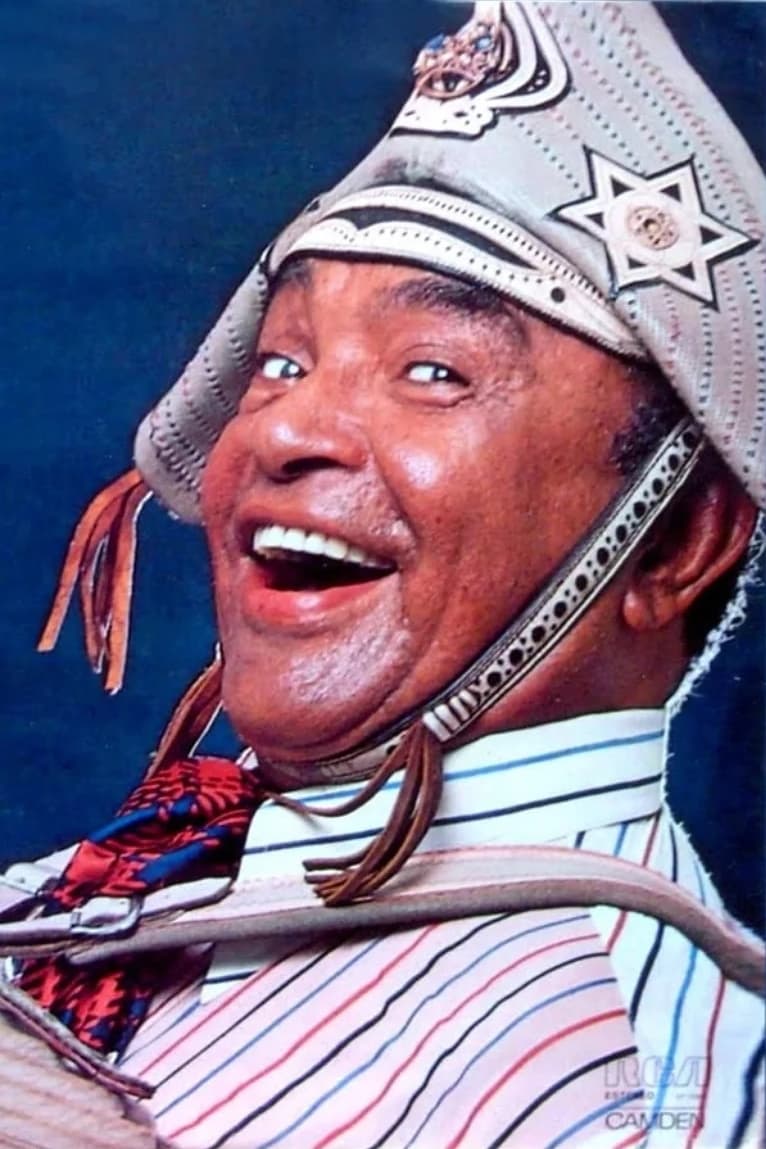
Luiz Gonzaga
Luiz Gonzaga do Nascimento (Exu, December 13, 1912 – Recife, August 2, 1989) was a Brazilian singer, composer, and multi-instrumentalist. Also known as the King of Baião, he was considered one of the most complete, important, and creative figures in Brazilian popular music. Singing accompanied by his accordion, zabumba, and triangle (the basic set of baião singers, which he himself defined), he spread the musical culture of the Northeast across the entire country, including genres such as baião, xaxado, xote, and forró pé de serra. His compositions also described the poverty, sorrows, and injustices of his arid homeland, the northeastern sertão. Luiz Gonzaga gained notoriety with the iconic songs "Asa Branca" (1947), "Juazeiro" (1948), and "Baião de Dois" (1950). Adoptive father of the musician Gonzaguinha, Gonzagão influenced other MPB artists such as Geraldo Vandré, Raul Seixas, Gilberto Gil, and Caetano Veloso.
Luiz Gonzaga, o Rei do Baião
(Ele mesmo)
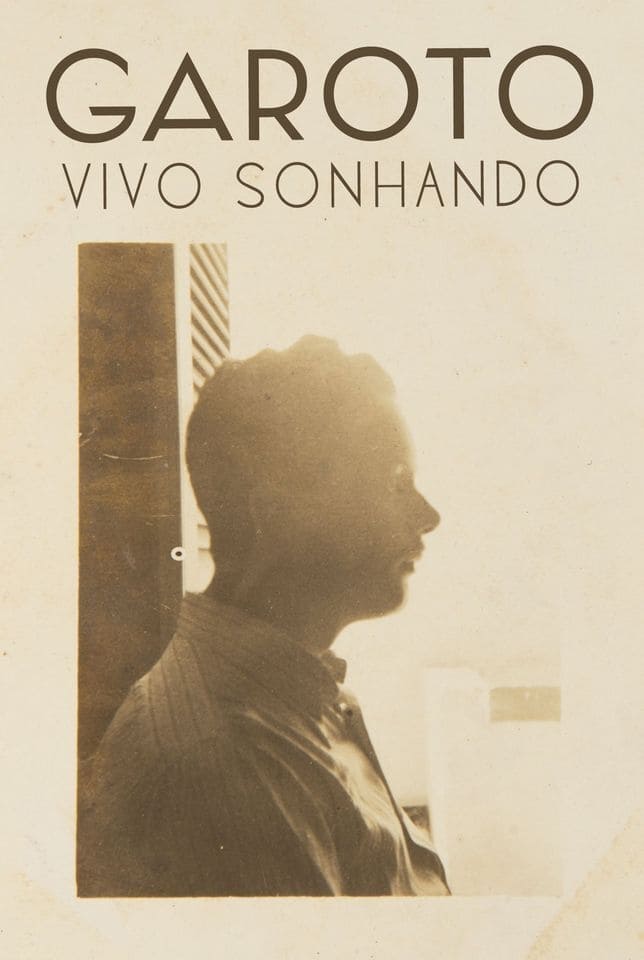
Garoto - Vivo Sonhando
(Self (archive footage))
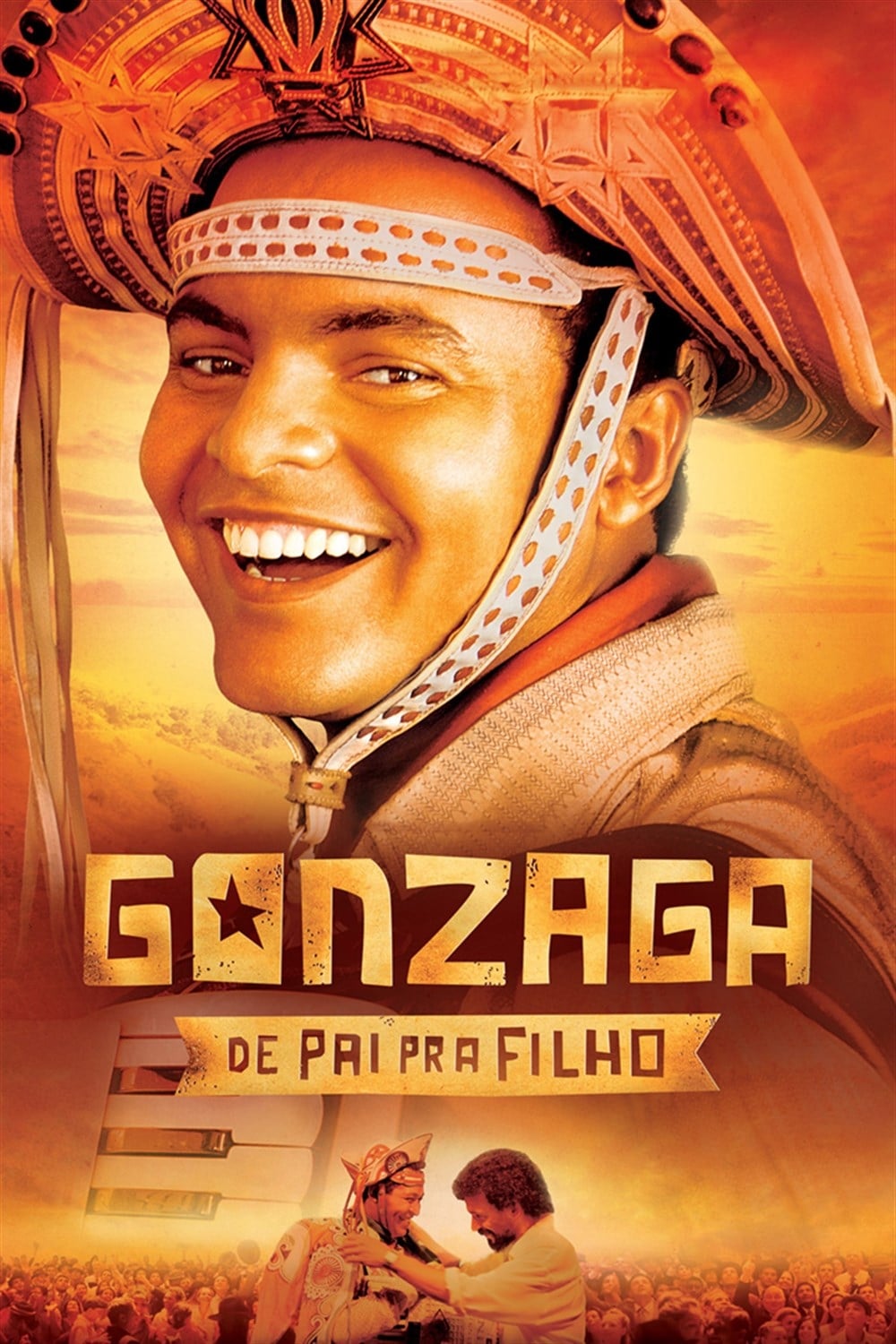
Gonzaga: From Father to Son
(Self (archive footage))
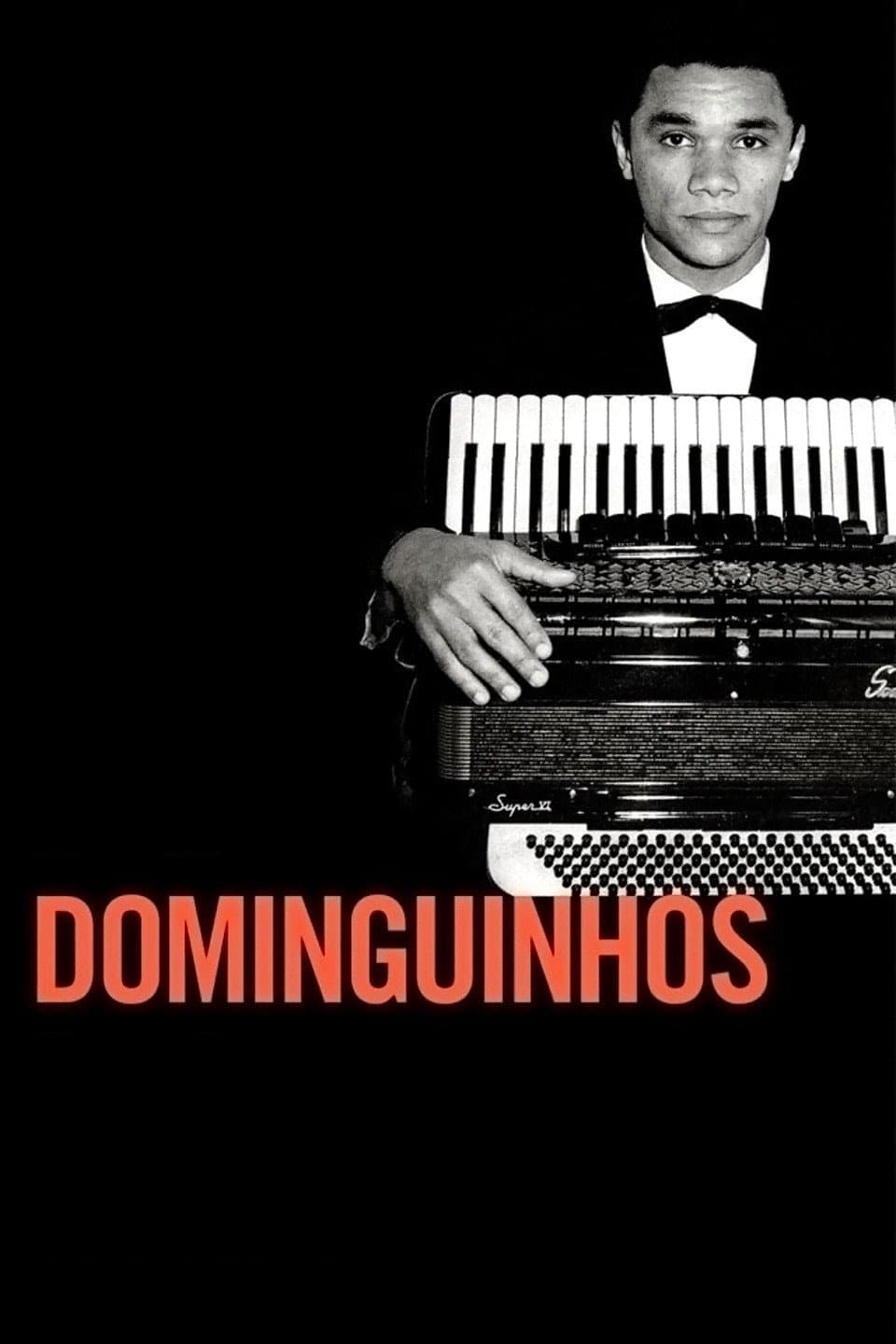
Dominguinhos
(Self)
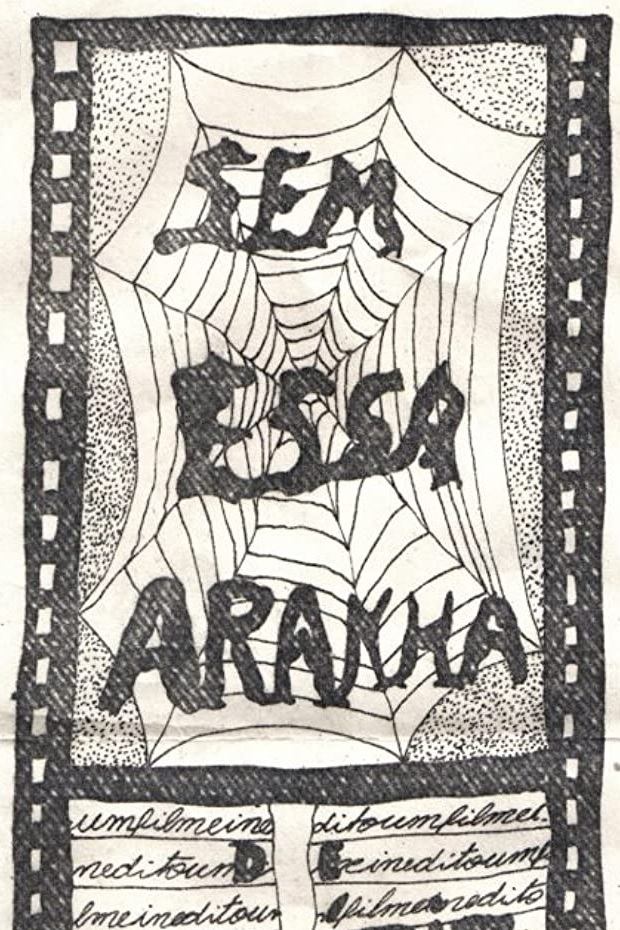
No Way, Spider
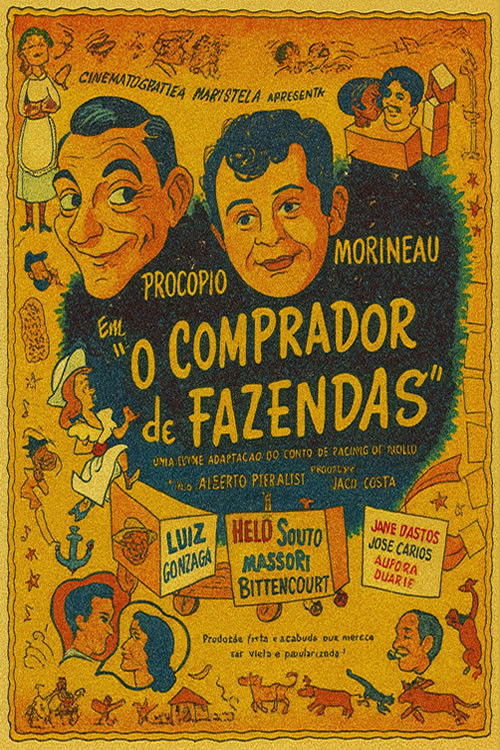
O Comprador de Fazendas
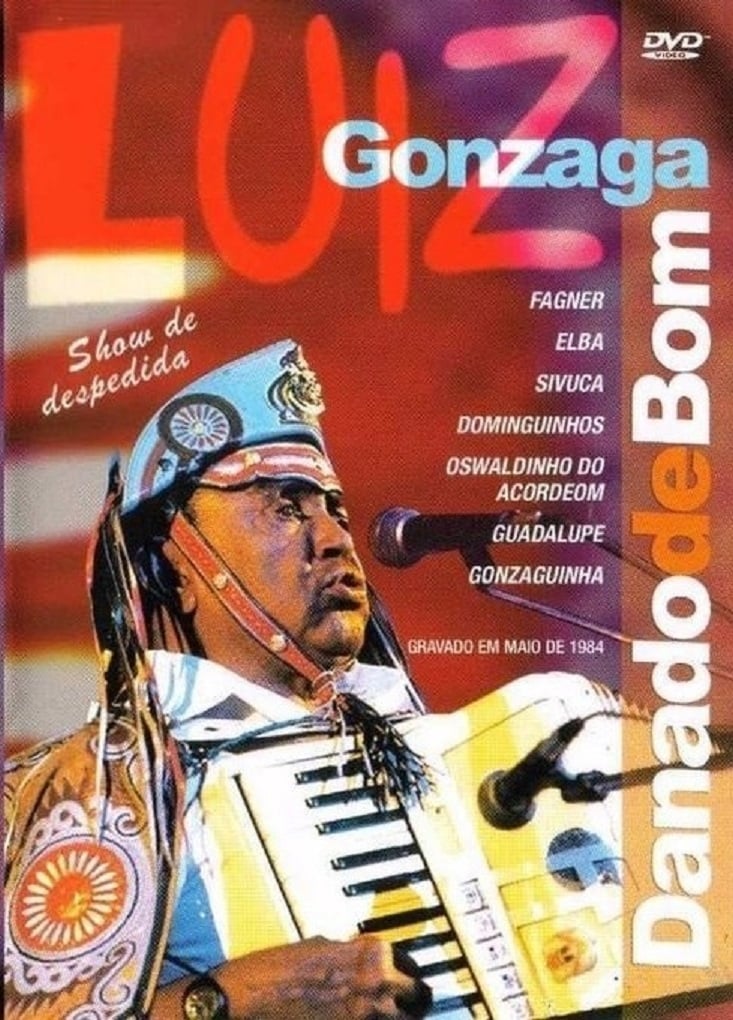
Luiz Gonzaga - Danado de Bom
(Self - Singer)
Chapéu de Couro
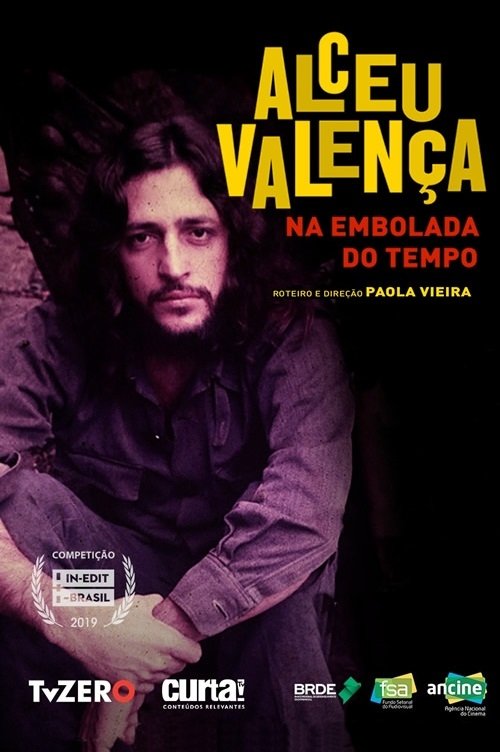
Alceu Valença - Na Embolada do Tempo
(Self)
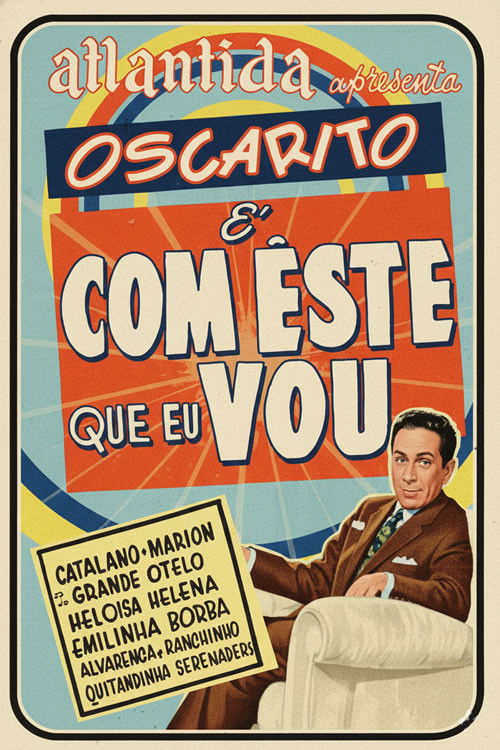
That's What I'm Gonna Do
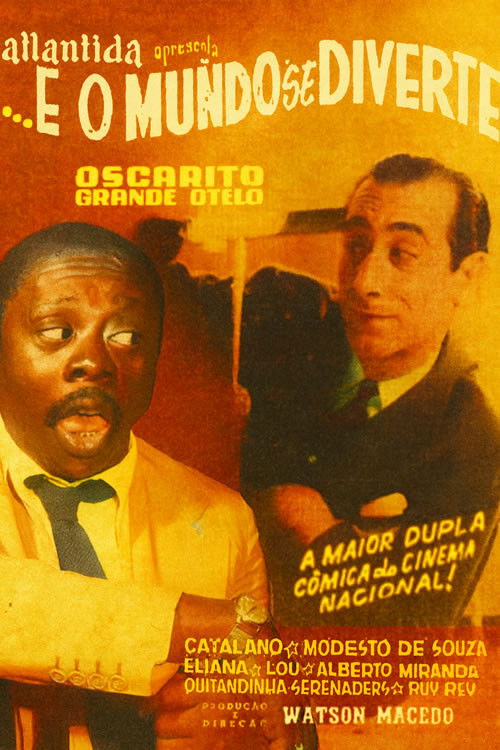
... E O Mundo Se Diverte
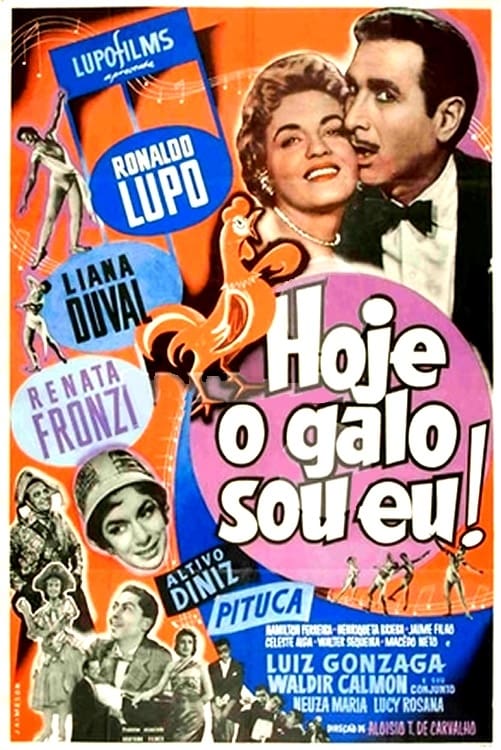
Hoje o Galo Sou Eu!
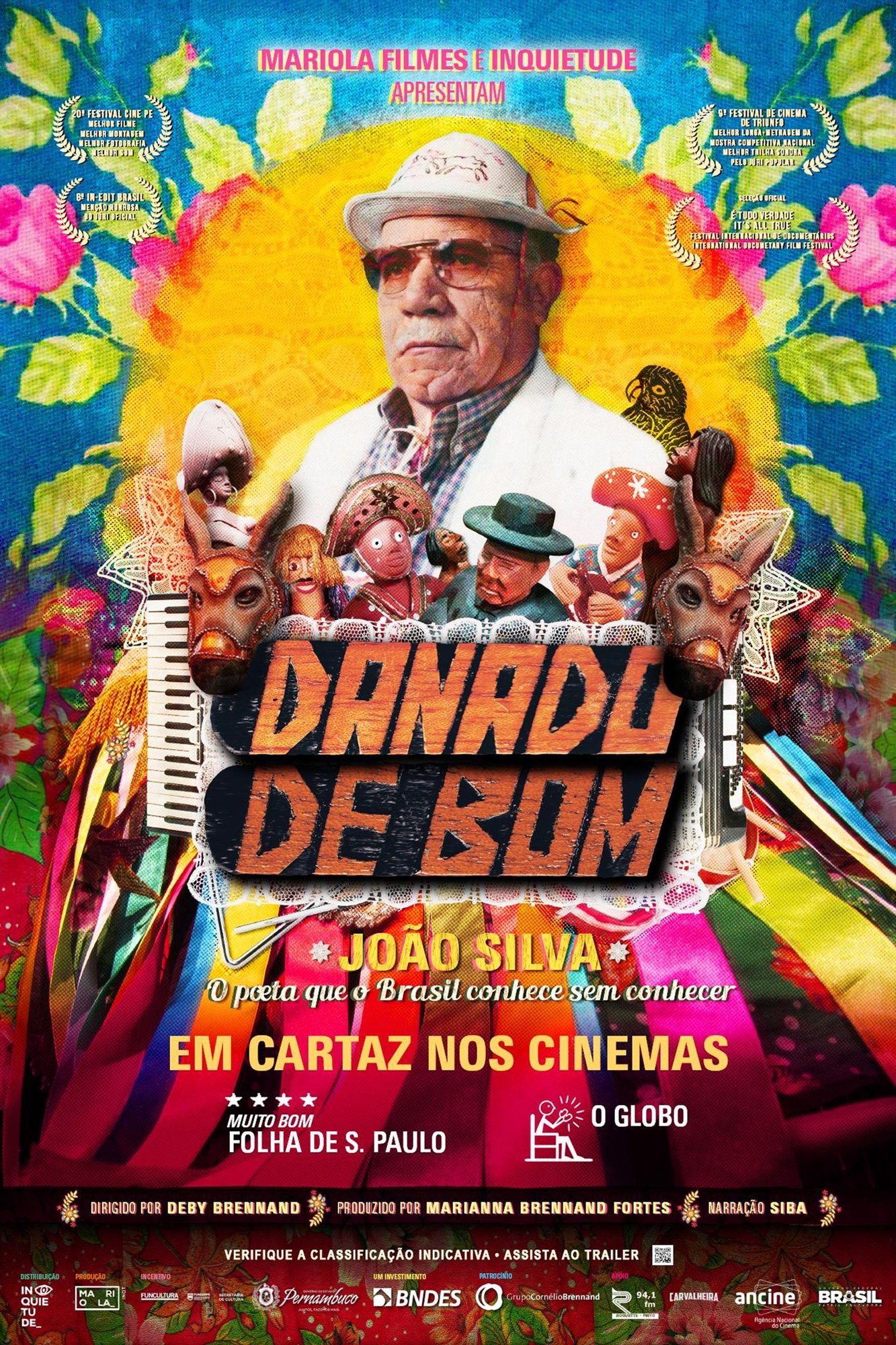
Danado de Bom
(Self (archive footage))
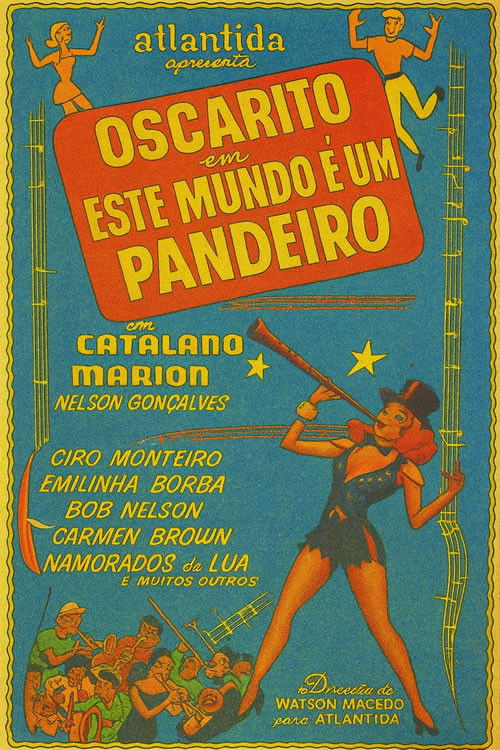
The World is a Tambourine
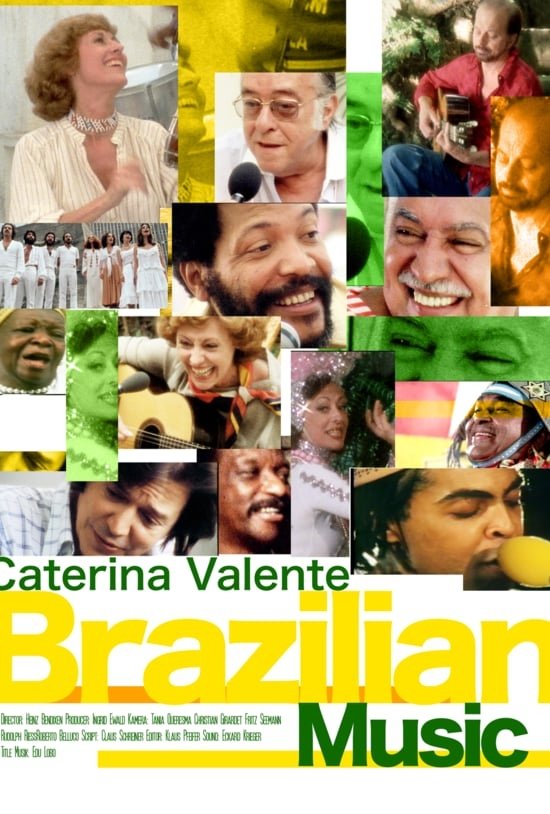
Caterina Valente presents Brazilian music
(Self)
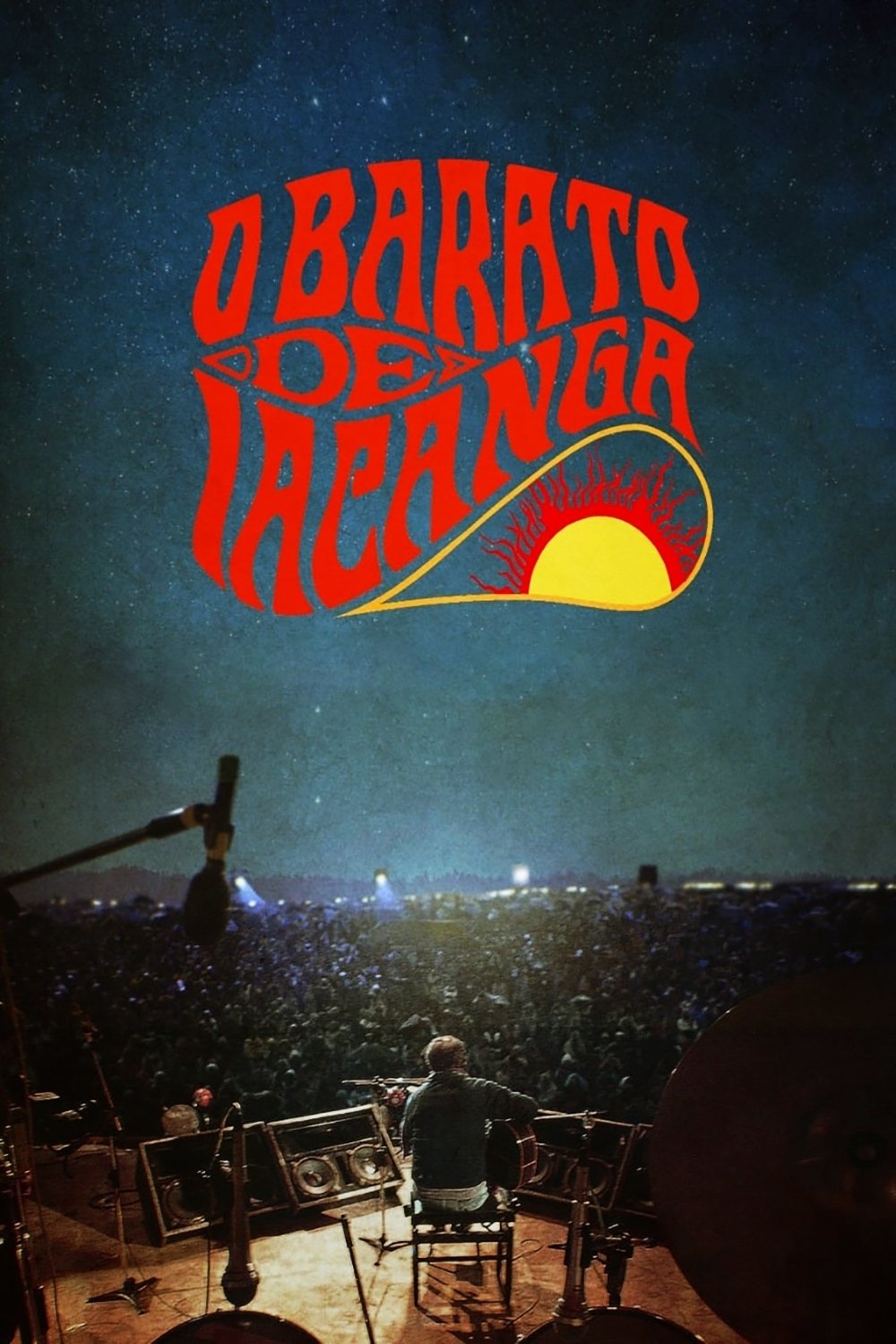
O Barato de Iacanga
(Self (archive footage))
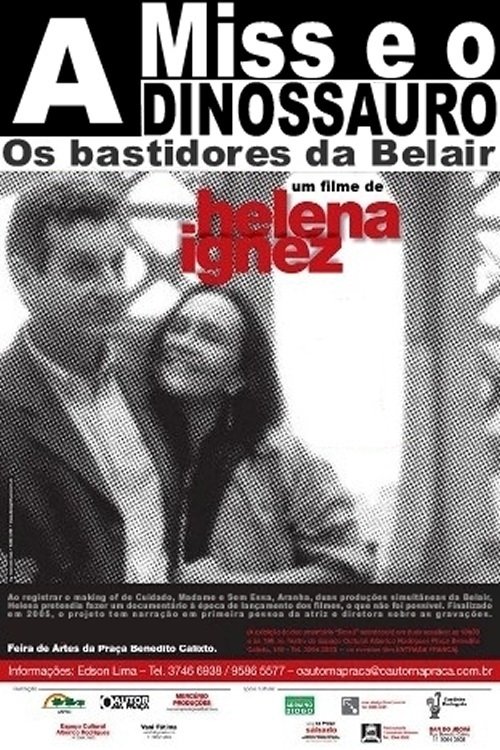
A Miss e o Dinossauro
(Himself (archive footage))
Missa e Vaquejada

Terra Violenta
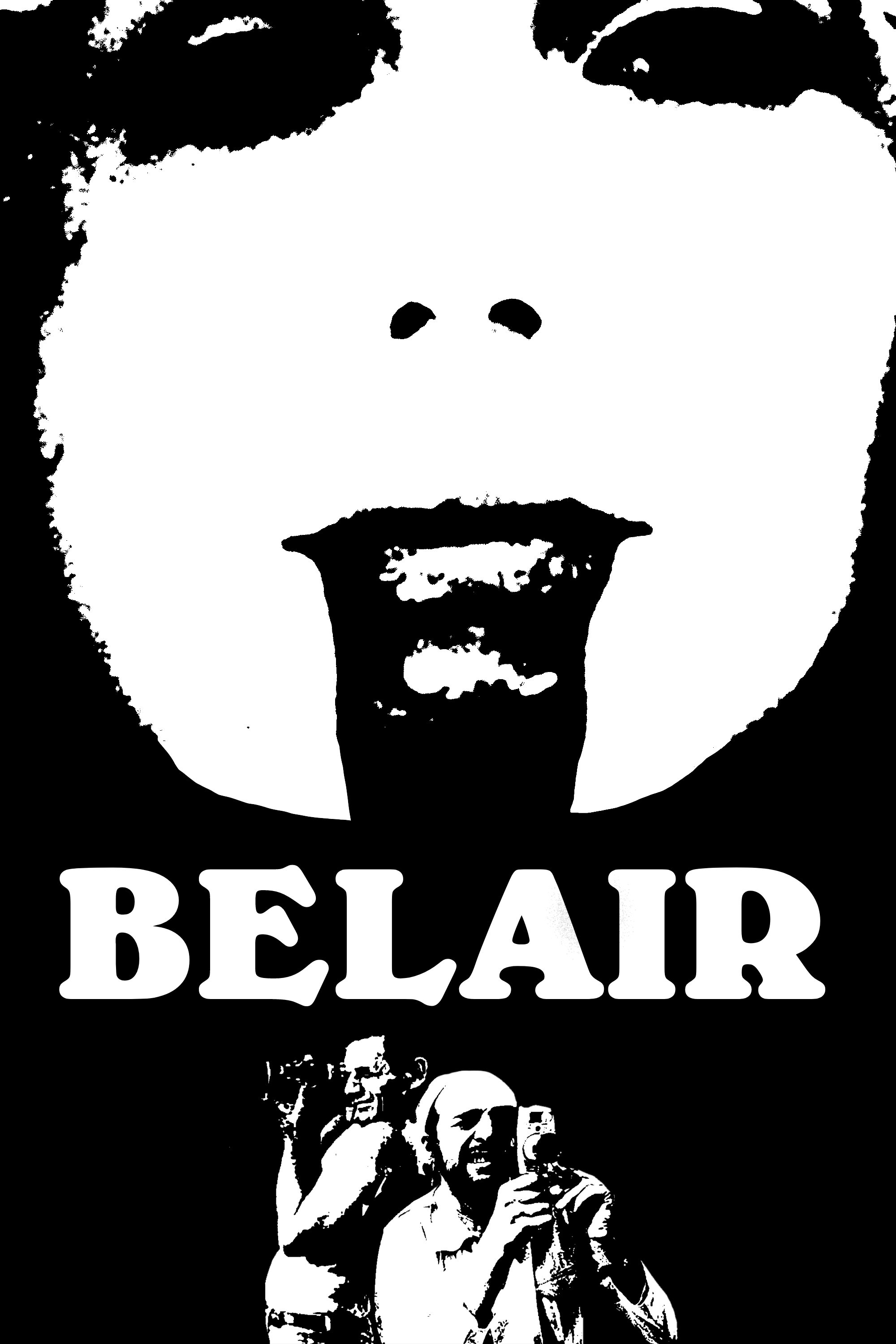
Belair
Viva São João!
(Self (archive footage))
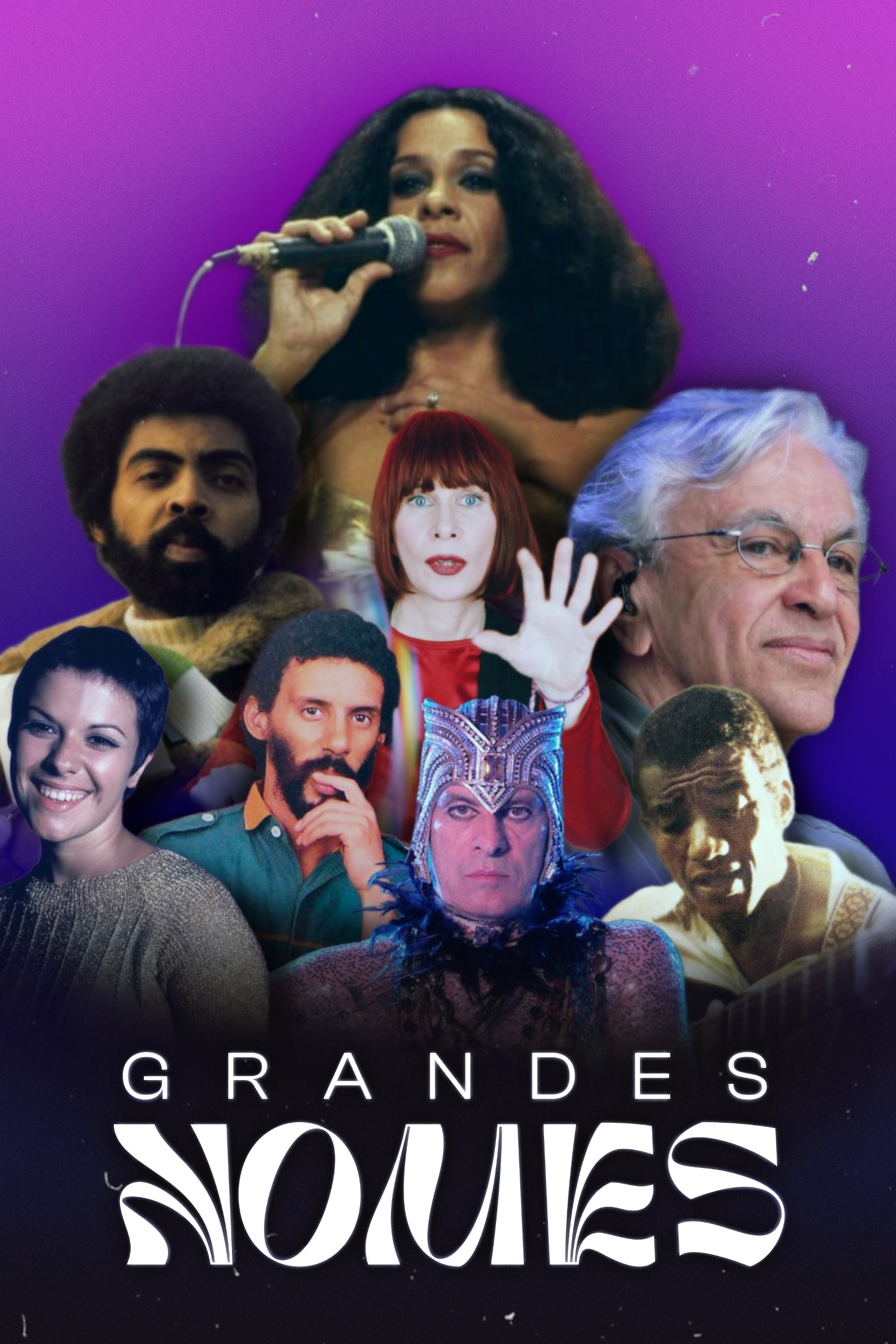
Grandes Nomes
(Self)
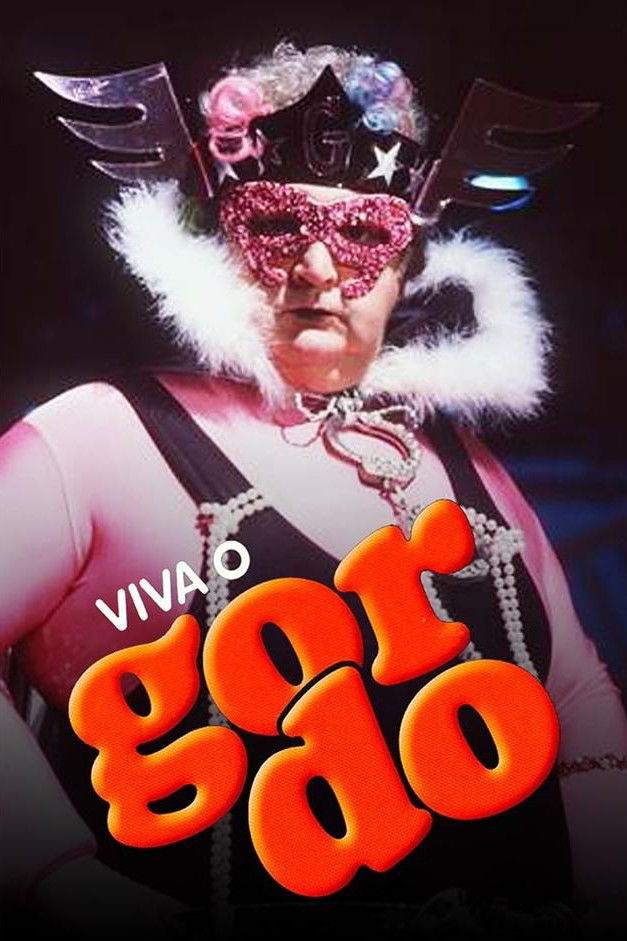
Viva o Gordo
(Self)
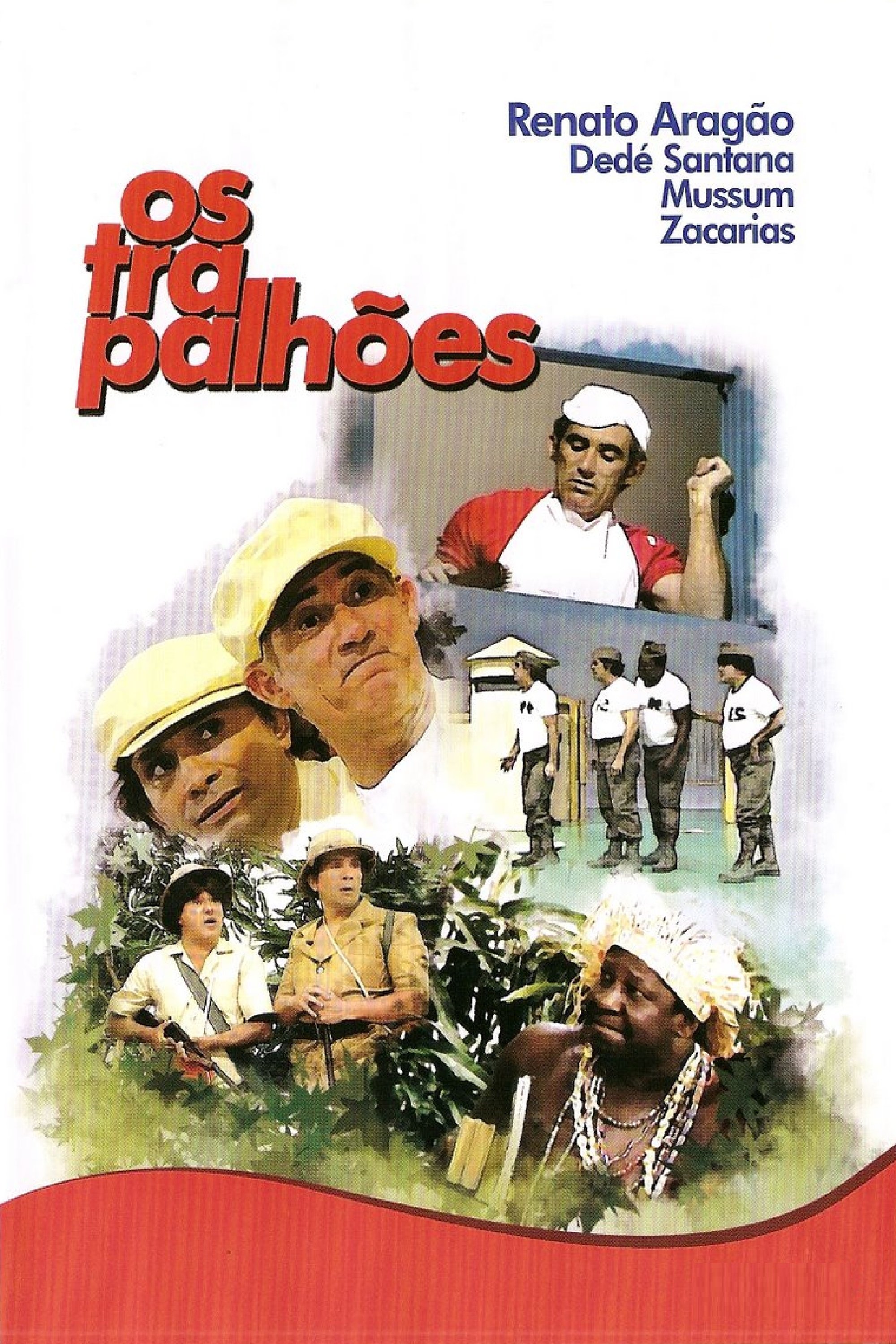
The Trapalhões
